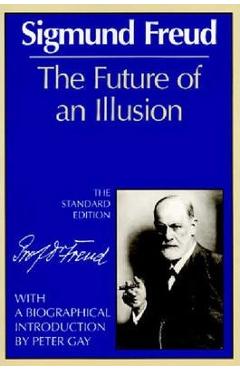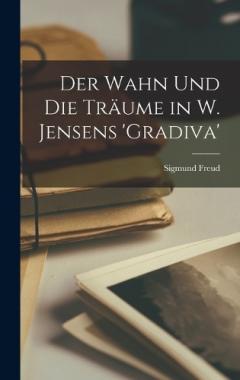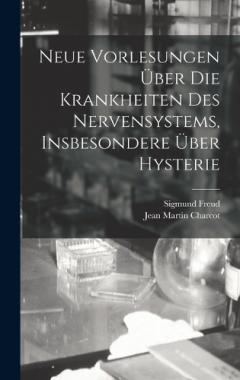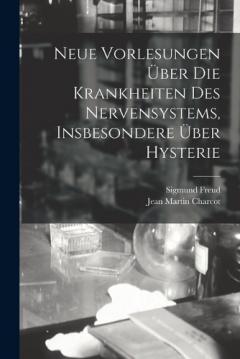
The Future of an Illusion
112
Pagini
1989
An
Paperback
Copertă
Descriere
In the manner of the eighteenth-century philosophe, Freud argued that religion and science were mortal enemies. Early in the century, he began to think about religion psychoanalytically and to discuss it in his writings. ?The Future of an Illusion ?(1927), Freud's best known and most emphatic psycho...
In the manner of the eighteenth-century philosophe, Freud argued that religion and science were mortal enemies. Early in the century, he began to think about religion psychoanalytically and to discuss it in his writings. ?The Future of an Illusion ?(1927), Freud's best known and most emphatic psychoanalytic exploration of religion, is the culmination of a lifelong pattern of thinking.
In the manner of the eighteenth-century philosophe, Freud argued that religion and science were mortal enemies. Early in the century, he began to think about religion psychoanalytically and to discuss it in his writings. ?The Future of an Illusion ?(1927), Freud's best known and most emphatic psychoanalytic exploration of religion, is the culmination of a lifelong pattern of thinking.
In the manner of the eighteenth-century philosophe, Freud argued that religion and science were mortal enemies. Early in the century, he began to think about religion psychoanalytically and to discuss it in his writings. ?The Future of an Illusion ?(1927), Freud's best known and most emphatic psychoanalytic exploration of religion, is the culmination of a lifelong pattern of thinking.
In the manner of the eighteenth-century philosophe, Freud argued that religion and science were mortal enemies. Early in the century, he began to think about religion psychoanalytically and to discuss it in his writings. ?The Future of an Illusion ?(1927), Freud's best known and most emphatic psychoanalytic exploration of religion, is the culmination of a lifelong pattern of thinking.
In the manner of the eighteenth-century philosophe, Freud argued that religion and science were mortal enemies. Early in the century, he began to think about religion psychoanalytically and to discuss it in his writings. ?The Future of an Illusion ?(1927), Freud's best known and most emphatic psychoanalytic exploration of religion, is the culmination of a lifelong pattern of thinking.
In the manner of the eighteenth-century philosophe, Freud argued that religion and science were mortal enemies. Early in the century, he began to think about religion psychoanalytically and to discuss it in his writings. ?The Future of an Illusion ?(1927), Freud's best known and most emphatic psychoanalytic exploration of religion, is the culmination of a lifelong pattern of thinking.
In the manner of the eighteenth-century philosophe, Freud argued that religion and science were mortal enemies. Early in the century, he began to thin
Conectează-te pentru a lăsa o recenzie
Nicio recenzie încă
Ai citit cartea? Fii primul care lasă o recenzie!









